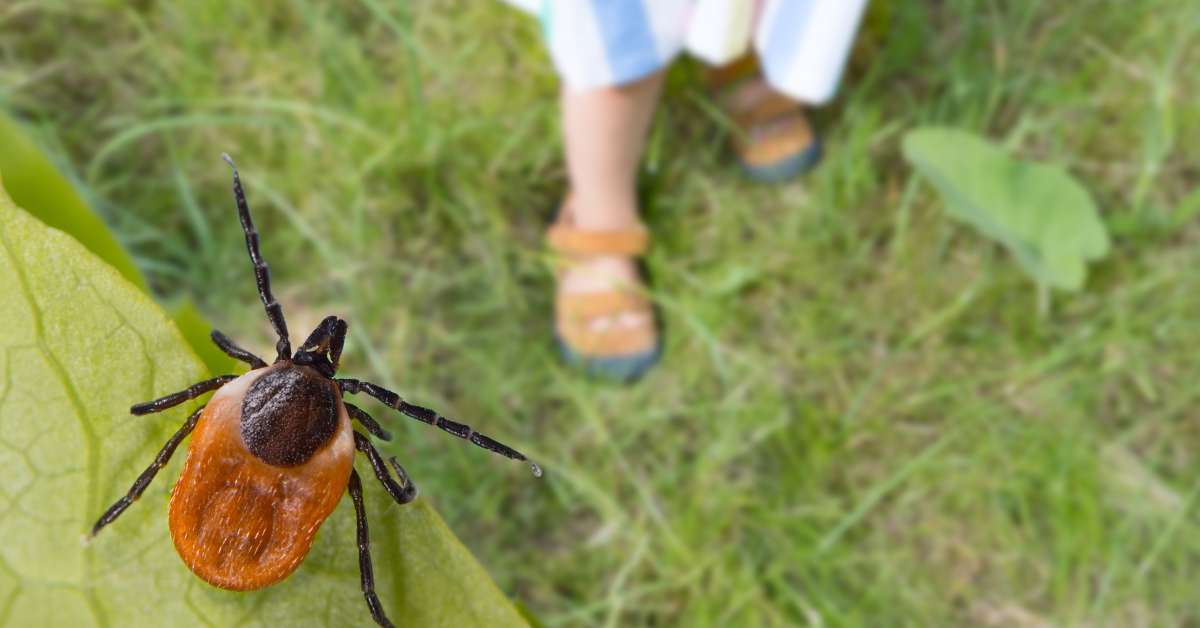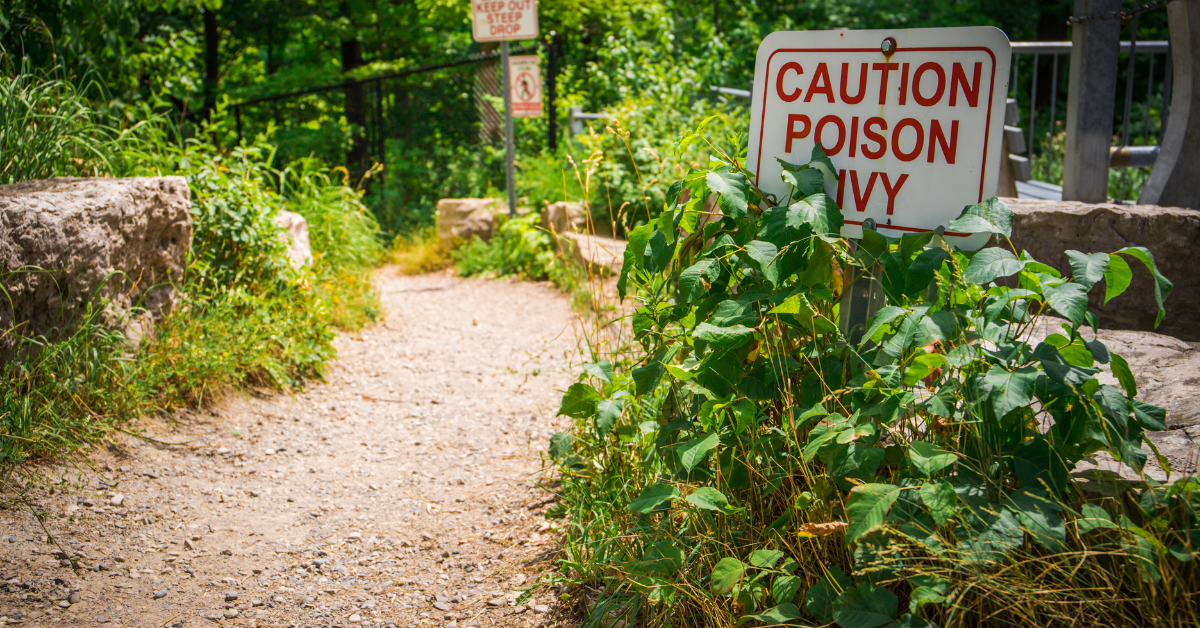
You may not be stranded on a desert island this summer, but the steamy hot truth is that the warmer months bring along some unique hazards for employees working outside.
No matter what industry you’re in, working outside exposes your employees to sun and heat, insects, poisonous plants, and work activities that haven’t been performed in six months. It’s important for employers to educate their employees about these hazards and for employees to take steps to protect themselves.
Sun and Heat
Employees should plan for sun and heat by wearing sunscreen to protect their skin from sun damage, and wearing appropriate clothing for the weather and the tasks at hand.
It’s important to stay hydrated throughout the day—water is best (eight, 8-ounce glasses of water per day is recommended), and beverages with electrolytes also help the body to stay hydrated.
Try to avoid sugary sodas and juices, as well as energy drinks as the primary source of liquids.
Ticks, Mosquitoes, and Stinging Insects
The warmer weather brings on the bugs! Mosquitoes and ticks are particularly concerning as they can transmit disease.
Employees can protect themselves by using (and reapplying) insect repellents on their skin, or insecticides on clothing (such as permethrin).
The best way to avoid Lyme Disease or other tick-borne illnesses is to perform daily tick checks. Ticks can only transmit disease if they have been attached for more than 24 hours. Ticks embedded in the skin should be removed immediately.
Bees, hornets, and wasps can build hives and nests almost anywhere. Employees should assess the work area for potential hives/nests prior to starting work, avoid flowering plants if possible, and wear long sleeve shirts, pants, and closed-toed shoes or boots whenever possible.
If employees have a known allergy to stinging insects, they should have an epinephrine auto-injector (EpiPen) and should wear a medical identification bracelet or necklace stating their allergy.

Poisonous Plants
Urushiol is the sap contained in the roots, stems, leaves, and fruit of poison ivy, poison oak, and poison sumac plants that causes an allergic reaction on the skin.
Employees can come into contact with urushiol by direct contact with the plant, or through contact with contaminated tools, clothing, and animals.
Employees should be educated on how to identify these poisonous plants in order to avoid them.

Summer Work Activities
Weed whacking, lawn mowing, landscaping, Oh My! Yard/campus maintenance needs to happen this time of year.
Employees should be educated on how to safely operate equipment, such as weed whackers, lawn mowers, rototillers, and chainsaws.
Eye protection, ear protection, and appropriate clothing and shoes should be worn during these activities, and employees should be instructed to never stick their hands or feet into equipment that is powered on.
Employees should also listen to their bodies to prevent overexertion injuries.
Team lifting or lifting equipment is recommended for anything that weighs over 50 pounds and employees should stretch periodically throughout the day.







